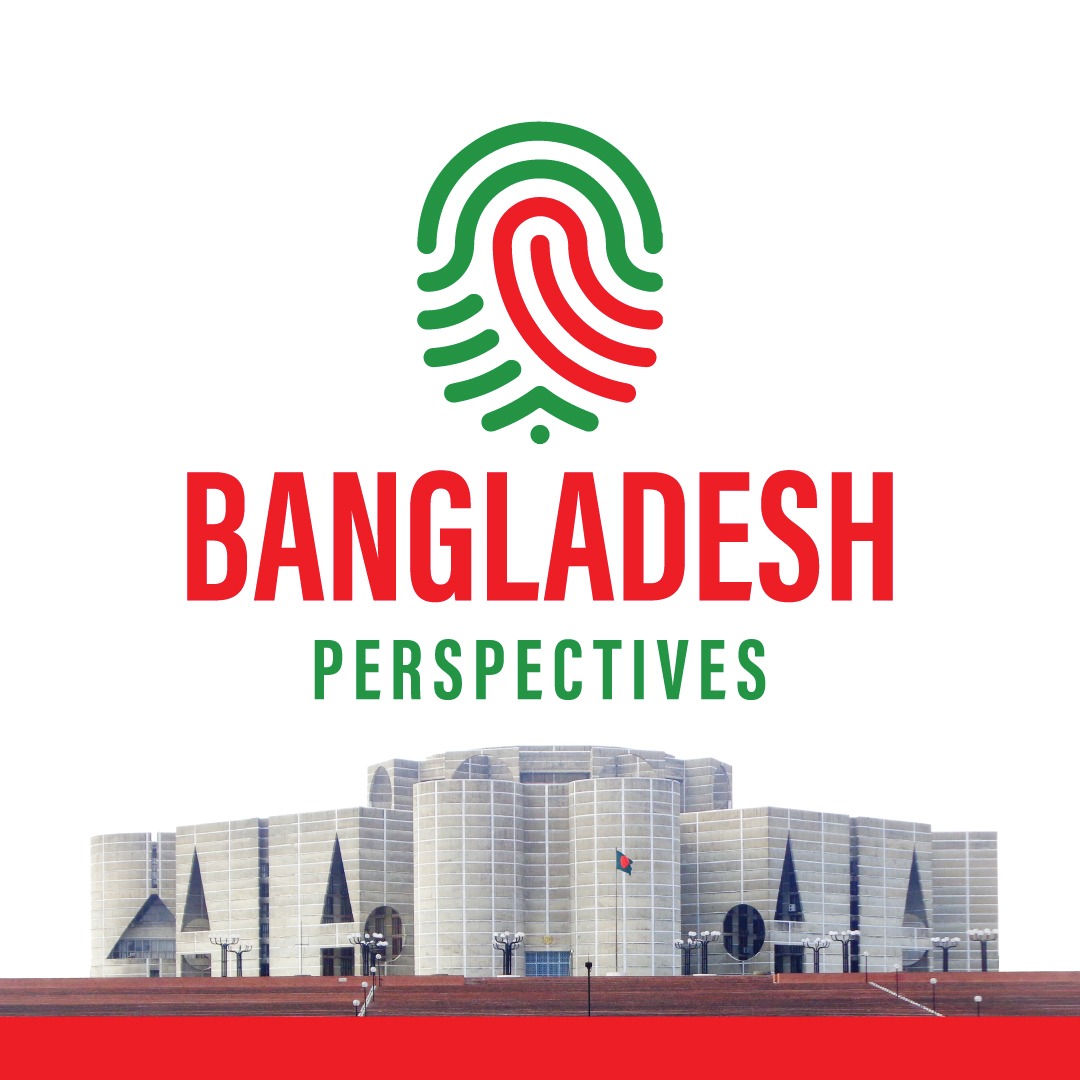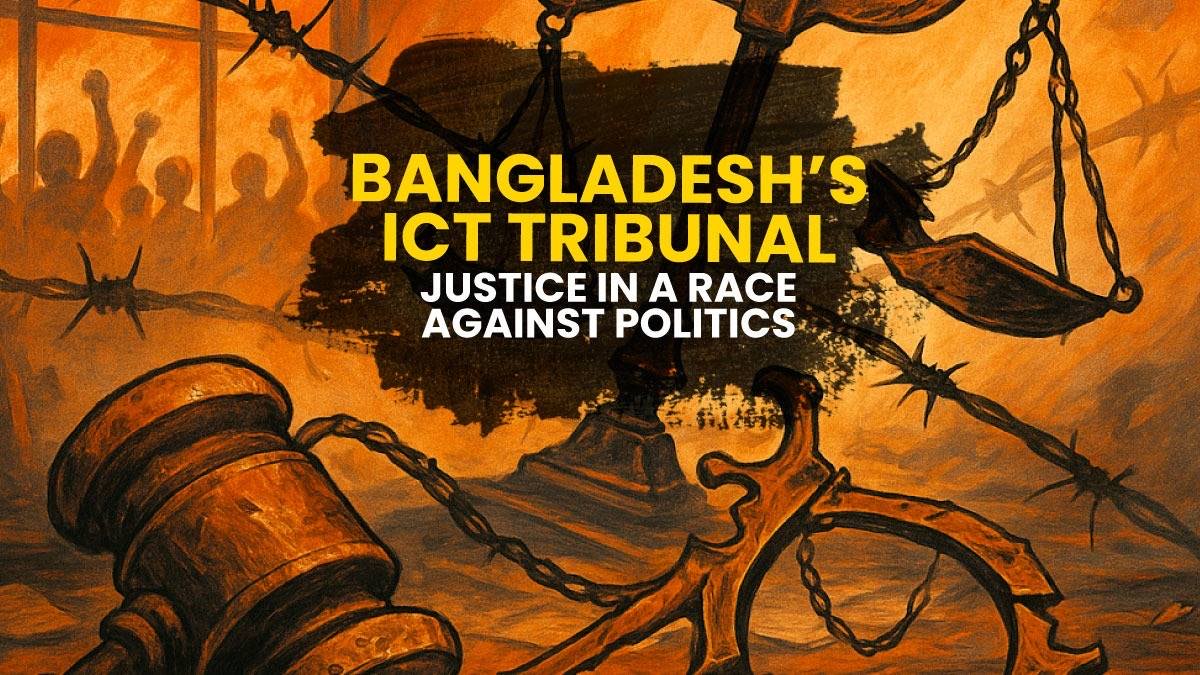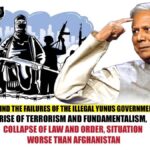When justice is rushed, it ceases to be justice. In Bangladesh today, that grim truth is unfolding in the very institution designed to reckon with the nation’s darkest chapters—the International Crimes Tribunal (ICT).
At a recent roundtable in Dhaka, Chief Prosecutor Mohammad Tazul Islam spoke words that should shake any believer in the rule of law. He admitted that prosecutions for crimes against humanity—disappearances, killings, and atrocities committed during political upheavals—are being hurried through, not out of respect for victims, but out of fear of what the next government might do.
His confession was stark: with elections looming in February, prosecutors fear that an incoming administration may abandon the process altogether. The result? Trials are being rushed, charge sheets drafted in haste, and cases pieced together with the barest of time and resources. “Over 1,800 disappearances,” Tazul noted, “and we are expected to deliver justice in a matter of months. Practically, it is impossible.”
This is not the sound of a justice system working—it is the sound of justice unraveling.
The ICT was born of promise: to break the cycle of impunity, to confront crimes too grave to ignore, and to prove that political power would never again shield perpetrators of atrocities. Instead, it is now admitting its own weakness: it bends under political pressure, it hurries for fear of irrelevance, and in so doing, it risks betraying both victims and history.
There is a tragic irony here. Prosecutors insist that no one—no officer, no official, no political actor—should be shielded from accountability. Yet the tribunal itself is allowing politics to dictate its pace and precision. How credible can verdicts be when they are produced under the shadow of deadlines set not by law, but by electoral cycles?
[Bangladesh’s ICT Tribunal: Justice in a Race Against Politics]
Justice delivered in haste is justice denied. A hurried prosecution risks collapsing in the future, allowing perpetrators to walk free on technicalities. Worse still, it corrodes public faith in the very idea of accountability, turning what should be a sacred process into a political tool.
If the ICT cannot stand above politics, it becomes an extension of politics. And if Bangladesh cannot separate the pursuit of justice from the race for power, then the tribunal will not be remembered as a guardian of truth—but as yet another casualty of expedience.
For a nation that fought a bloody war and endured decades of authoritarian rule, this would be an unforgivable failure. The victims of disappearances and killings deserve more than hurried paperwork and half-finished trials. They deserve the kind of justice that cannot be rushed, delayed, or bargained away.
Anything less is not justice. It is betrayal.
Read More: Bangladesh in Flames: Disorder, Extremism, and State Failure under Yunus





